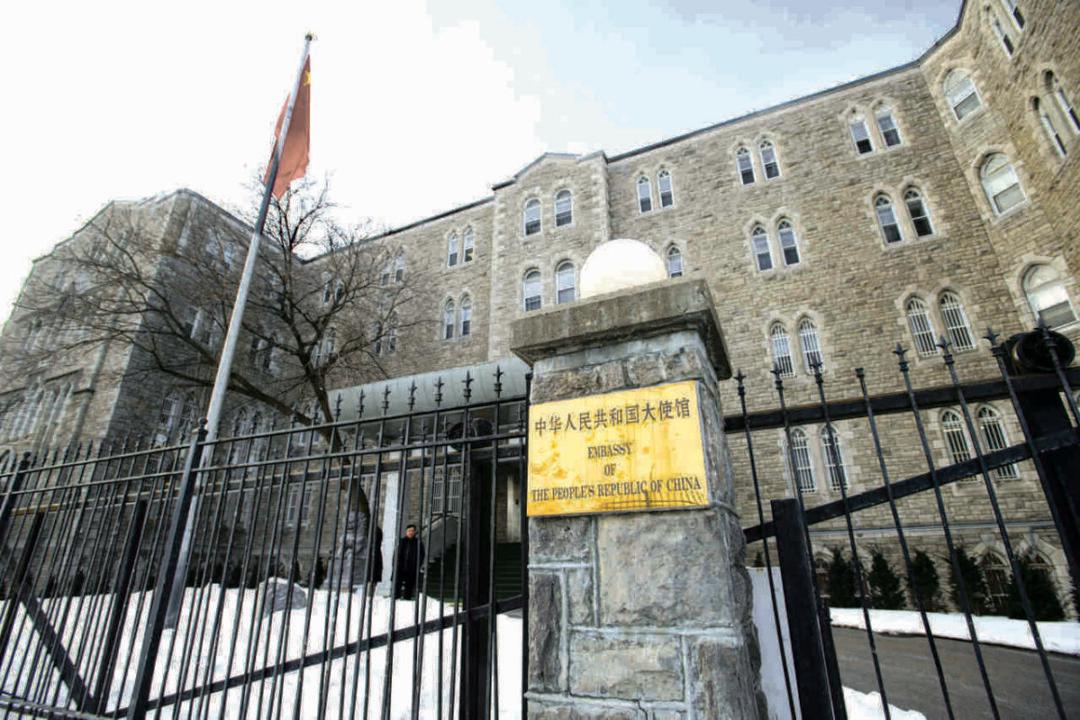Ottawa’s recent expulsion of a Chinese diplomat for threatening the family of a Canadian MP is a rare move in recent years, despite intelligence reports of Chinese diplomats blatantly interfering in Canada’s elections and key institutions and bluntly insulting or threatening Canadians.
Amid opposition parties’ calls for action to address threats to the Hong Kong-based family of Conservative MP Michael Chong, the Liberal government on May 8 declared Chinese diplomat Zhao Wei persona non grata, a move that Beijing reciprocated a day later by expelling a Canadian diplomat.





